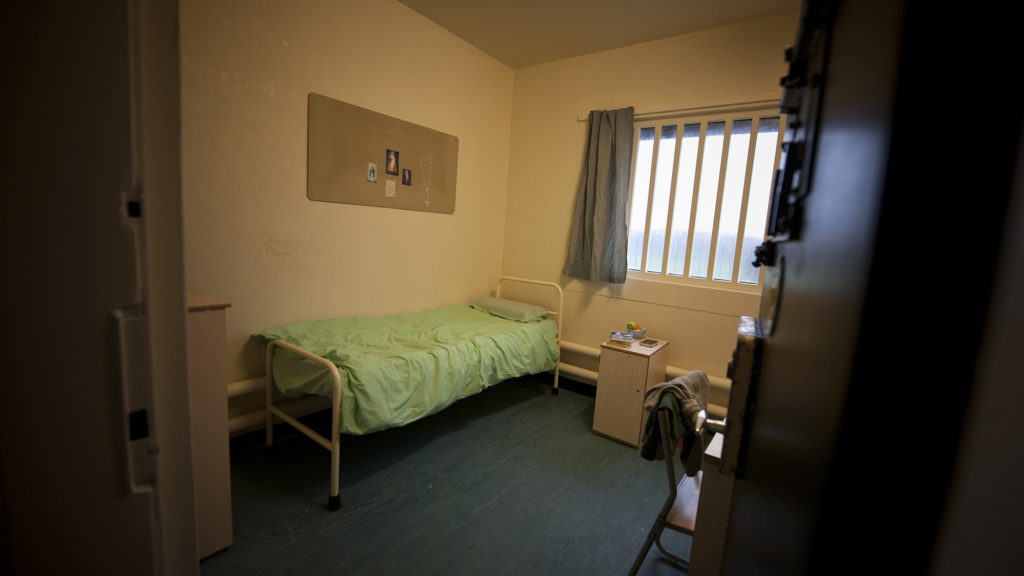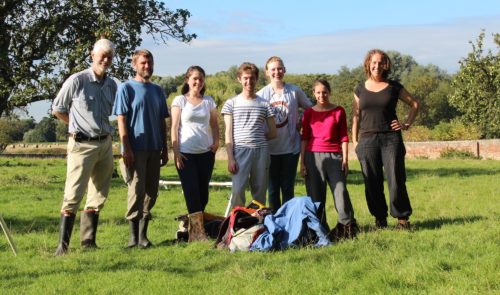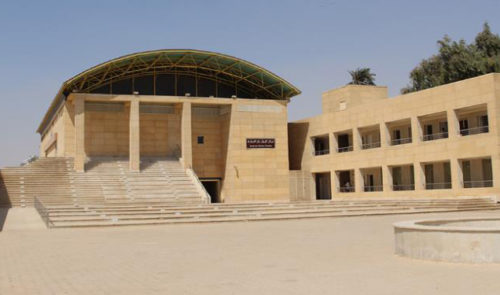
A collaborative research project led by historians at the Universities of Cambridge, Sheffield and Edinburgh has promoted deeper understanding of the experiences of child sexual abuse (CSA) in England and Wales between 1918 and 1990.
Project researchers have offered new perspectives to public enquiries and informed media, civil service and practitioner debates. The impact of understanding the historical context to CSA in a holistic fashion has allowed the public inquiries to deliver more workable and informed outcomes.
Building on their complementary historical expertise, Lucy Delap (Faculty of History), Louise Jackson (University of Edinburgh) and Adrian Bingham (University of Sheffield) collaborated on an investigation into the press reporting, practitioner responses to and criminal justice framework for CSA.
Delap also undertook a study of disclosures of CSA that can be gleaned from personal memoirs and oral histories, assessing the impact and disclosure patterns associated with abuse where it did not lead to formal complaints or criminal justice. This research helped build a profile of the circumstances under which abuse is disclosed, by and to whom, and with what consequences.
Better understanding of this landscape allowed the researchers to carry out additional searching of the records of practitioners such as moral welfare and social workers, police, young offender institutions, schools and children’s homes, leading to a policy briefing and engagements with wider publics and the media.
The researchers, together with Caroline Lanskey and others at the Institute of Criminology in Cambridge, were commissioned in 2017 by the Historical Child Abuse Team at HM Prisons and Probation Service to undertake a review of safeguarding practices and the institutional culture of the secure estate between 1960 and 2016.
These studies have helped policymakers understand the kinds of accountability and levels of safeguarding of children that could realistically have been expected in the past, to improve corporate memory and contemporary safeguarding, and to explain the record of inaction and inattention to disclosures of abuse.
“[This research], assisted HMPPS [Her Majesty’s Prison and Probation Service] to structure its approach to responding to witness statement requests, preparing its witnesses in giving oral evidence and recommend improvements ahead of the public hearing’ of the Independent Inquiry into Child Sexual Abuse.”
– Historical Child Abuse Team at HMPPS report


